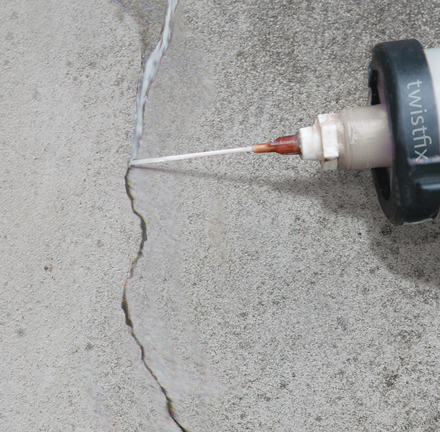
Industrial grouting is a specialized application of grouting materials in various industrial settings. It involves the use of high-performance grouts to provide structural support, fill voids, anchor equipment, and enhance the stability and durability of industrial infrastructure. The composition and properties of industrial grouting materials may vary depending on the specific application requirements. Here are some common types of grouting materials used in industrial grouting:
- Epoxy Grout: Epoxy grouts are widely used in industrial grouting due to their high strength, chemical resistance, and durability. They consist of epoxy resins, hardeners, and fillers. Epoxy grouts offer excellent adhesion, low shrinkage, and resistance to chemicals, oils, and heavy loads. They are commonly used for machinery and equipment installation, anchoring, and repair in industrial facilities.
- Cementitious Grout: Cementitious grouts, composed of cement, aggregates, and additives, are commonly used in industrial grouting applications. They offer good compressive strength, stability, and cost-effectiveness. Cementitious grouts are used for grouting base plates, columns, precast elements, and structural repairs in industrial settings.
- Non-Shrink Grout: Non-shrink grouts are specifically designed to minimize shrinkage during the curing process, ensuring a tight, durable bond. They typically contain cement, aggregates, and chemical additives that compensate for volume reduction. Non-shrink grouts provide high load-bearing capacity and dimensional stability, making them suitable for applications such as machinery base plates, anchor bolts, and structural repairs in industrial environments.
- Urethane Grout: Urethane grouts are formulated with polyurethane resins and additives. They offer excellent flexibility, chemical resistance, and adhesion properties. Urethane grouts are commonly used in industrial grouting applications where slight movement, vibration, or chemical exposure is expected. They are suitable for applications such as equipment anchoring, joint filling, and repair in industrial facilities.
- Specialty Grouts: In addition to the above-mentioned grouting materials, there are specialized grouts available for specific industrial applications. These may include grouts with high thermal conductivity for heat transfer applications, grouts with high electrical conductivity for grounding or electrical purposes, or grouts with specific chemical resistance properties for corrosive environments.

